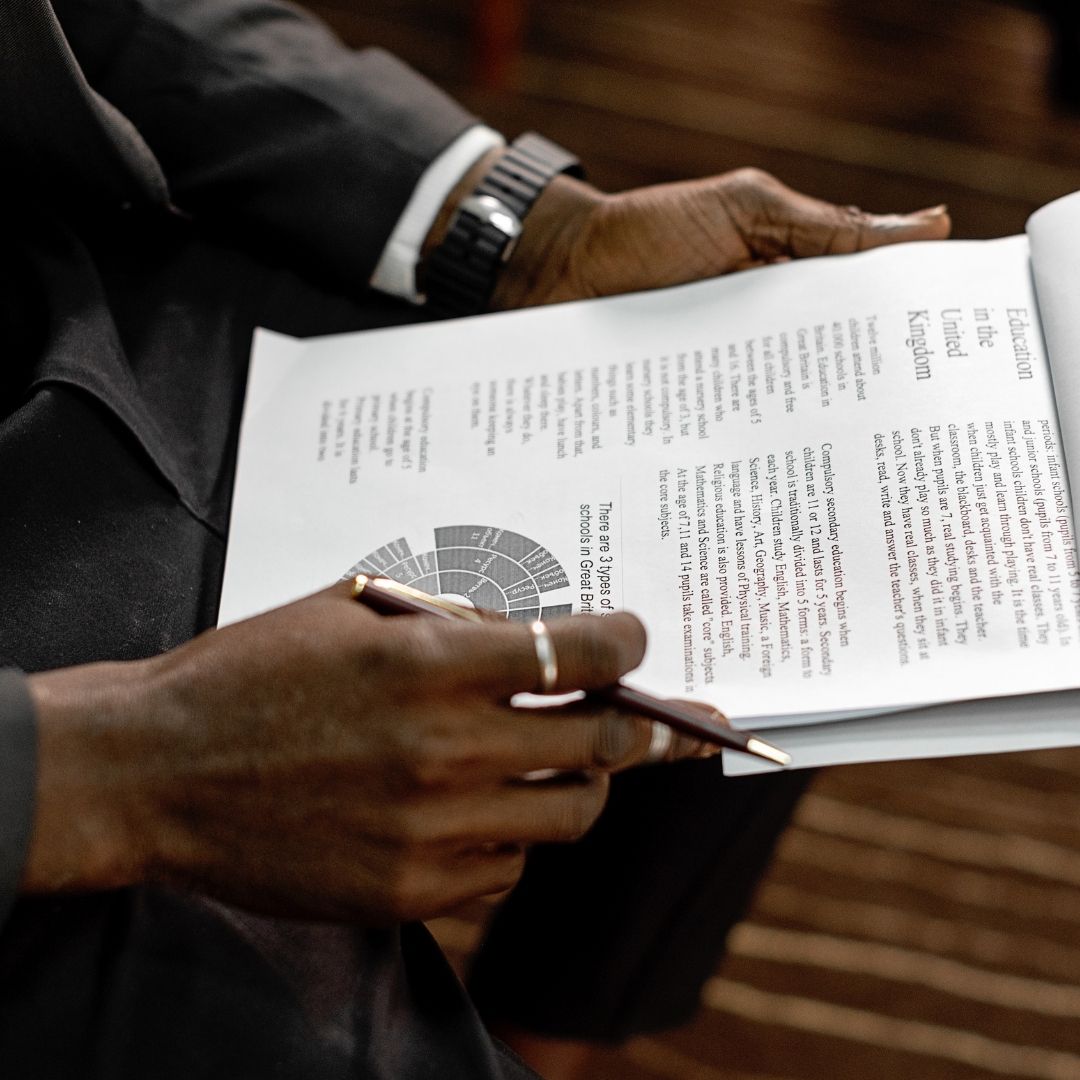The Untapped Power of Structured Recovery Tools
Recovery from addiction requires more than sheer willpower—it demands practical tools that create lasting change. Free addiction worksheets offer one of the most effective yet underutilized resources for building sustainable sobriety. These structured exercises provide the framework to identify triggers, manage cravings, and develop healthier thought patterns—all without financial barriers.
At Ridgeline Recovery, we’ve witnessed how incorporating free addiction worksheets into treatment plans leads to better outcomes. These tools serve as constant companions between therapy sessions, offering continuous support when individuals need it most.

Why Free Addiction Worksheets Deliver Real Results
The effectiveness of free addiction worksheets stems from their ability to make abstract recovery concepts tangible. Where traditional therapy might discuss triggers in theory, worksheets provide concrete methods to identify and manage them in daily life. This practical approach aligns perfectly with professional Addiction Treatment while extending its benefits between sessions.
Cognitive behavioral therapy principles form the foundation of most quality free addiction worksheets. By guiding users to recognize and reshape negative thought patterns, these tools help break the mental cycles that fuel substance use. The act of writing reinforces these new neural pathways, making the exercises particularly potent for Addiction Recovery.
The Five Essential Worksheet Types for Lasting Sobriety
Trigger Identification Worksheets
Understanding personal triggers represents the first critical step in relapse prevention. Effective free addiction worksheets in this category guide users through comprehensive self-assessments that uncover people, places, emotions, and situations that threaten sobriety. These often include environmental risk evaluations and coping strategy development exercises.
Craving Management Tools
When urges strike, having a prepared plan makes all the difference. Quality worksheets provide structured techniques for riding out cravings, many incorporating mindfulness practices and Positive Affirmations for Recovery. These tools transform overwhelming moments into manageable challenges.
Relapse Prevention Plans
The most valuable free addiction worksheets help users develop personalized safety nets. These typically include early warning sign identification, emergency contact lists, and step-by-step intervention strategies. When combined with Sober Living Rooms for Rent programs, they create multiple layers of protection against relapse.
Emotional Processing Exercises
Addiction often stems from unprocessed emotions. Therapeutic worksheets provide safe structures for exploring feelings, identifying their roots, and developing healthy expression methods. This emotional clarity proves vital for maintaining Living in Balance during recovery.
Life Assessment Tools
Recovery involves rebuilding all life areas. Comprehensive worksheets help evaluate and adjust work-life balance, relationships, physical health, and spiritual well-being. These holistic approaches complement traditional treatment at Ridgeline Recovery.
Implementing Worksheets for Maximum Impact
To derive full value from free addiction worksheets, consistency proves essential. Establishing a daily practice, even for just 15-20 minutes, creates momentum that compounds over time. Many find morning sessions most effective, setting a positive tone for the day ahead.
Integration with other recovery supports enhances worksheet effectiveness. Discussing completed exercises with therapists, sponsors, or support groups provides valuable perspective and accountability. For those utilizing Rehab Facilities That Take Medicaid, worksheets offer crucial supplemental support between covered sessions.
Tracking progress transforms worksheet practice into a measurable recovery tool. Maintaining a dedicated journal or folder of completed exercises creates a tangible record of growth—invaluable during challenging periods when motivation wanes.

Finding Quality Free Resources
Locating effective free addiction worksheets requires discernment. Government health portals like SAMHSA offer scientifically validated materials that align with evidence-based treatment approaches. Many reputable treatment centers provide professional-grade resources to the broader recovery community.
Peer support organizations often curate excellent worksheet collections tailored to their specific methodologies. The key lies in selecting materials that resonate personally while maintaining clinical integrity—a balance Life emphasizes in all its resources.
Overcoming Common Worksheet Challenges
Some individuals initially resist worksheet practice, viewing it as unnecessary homework. However, most discover their value quickly when cravings strike or tough emotions surface. Starting with just one simple worksheet often proves the best introduction.
Others worry about doing the exercises “correctly.” Quality free addiction worksheets include clear instructions, and there’s rarely one right answer—the process matters more than perfection. When uncertainty arises, discussing worksheets with a therapist or support group provides helpful guidance.
Technology offers solutions for those who prefer digital formats. Many traditional worksheets now have interactive PDF or mobile app versions that maintain their therapeutic value while accommodating modern preferences.
The Science Behind Worksheet Effectiveness
Clinical research confirms what recovery specialists have long observed—structured writing exercises significantly improve treatment outcomes. Studies demonstrate that regular worksheet use:
- Reduces craving intensity and frequency
- Improves emotional regulation skills
- Strengthens relapse prevention capabilities
- Enhances overall treatment engagement
These benefits explain why leading Addiction Treatment programs increasingly incorporate worksheets as standard practice rather than optional supplements.
Trivia: The Evolution of Recovery Worksheets
Therapeutic writing exercises trace back to early mental health movements, but gained scientific validation with cognitive behavioral therapy’s rise. Today’s free addiction worksheets represent decades of refinement—distilling complex psychological principles into accessible formats anyone can use.
Frequently Asked Questions
How do free addiction worksheets differ from journaling?
While both involve writing, worksheets provide specific structures and prompts that guide users through proven therapeutic processes rather than open-ended reflection.
Can worksheets replace therapy?
They serve as powerful supplements but not substitutes for professional treatment. Think of them as workout plans for your recovery skills—valuable on their own but most effective with expert guidance.
How long should worksheet sessions last?
Even 10-15 minutes daily yields benefits. Consistency matters more than duration.
Where can I find worksheets for specific addictions?
Many organizations offer substance-specific versions. Ridgeline Recovery provides tailored resources for various addiction types.

Taking the Next Step
Free addiction worksheets offer tremendous value, but they represent just one component of comprehensive care. For those ready to build a complete recovery foundation, professional treatment provides the structure and support needed for lasting change.
Contact Ridgeline Recovery today to explore how our personalized programs combine evidence-based therapies with practical tools like worksheets to create transformative, sustainable recovery journeys. Your path to freedom starts with a single step—take it today.







